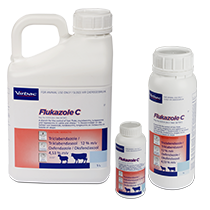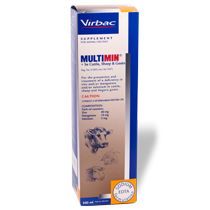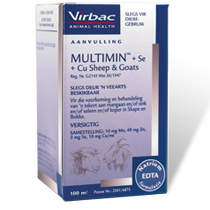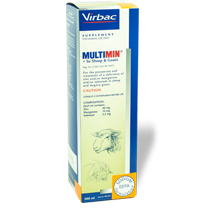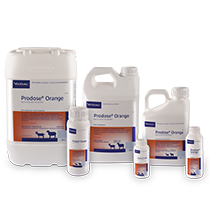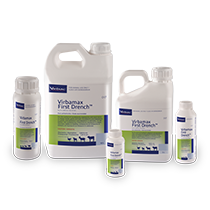
Management Aspects at Weaning of Lambs
Weaning is to a large extent “harvest time” - even in wool production systems - while in meat production systems, it is complete harvest time. We must do everything in our power to make the process as smooth as possible, with the least possible stress (weaning shock). Weaning is probably the most stressful event in the lamb's life.
Weaning shock
Weaning shock may lead to a decrease in growth, no growth and in some cases even loss of bodyweight. The severity and duration of weaning shock depend on the lamb’s age, mass and pre-weaning nutrition and health program. Other factors that play a role in the extent of the weaning shock are the general health of the lambs as well as other stress factors (e.g. climate, quantity and quality of grazing, and so on).
Weaning age
Many factors influence the weaning age of lambs. It is mostly determined by the production system and/or prevailing nutritional conditions. In more intensive systems, lambs are weaned earlier (90 to 100 days), while weaned later in extensive systems (up to 150 days). Bodyweight at weaning, is usually more important than age itself. The best guideline is that lambs should weigh at least 45%, but preferably 50%, of the ewes' mating mass at weaning. The minimum weaning weight should preferably be more than 25 kg. When nutritional conditions are poor or in an accelerated lambing production system (eg. 8 month system), lambs should also be weaned early (60-90 days).
Nutrition
Pre- and post-weaning nutrition is very important to get lambs over the weaning shock as quickly as possible. Lambs that are accustomed to creep feed before weaning, usually handle the weaning process better. Creep feed should be provided for another 14 days after the weaning process. Lambs weaned early, must be accustomed to creep feed. In extensive systems, the best available grazing should be made available to lambs with weaning.
Vaccinations
Vaccinations should preferably be completed 2 to 4 weeks before weaning to provide the best protection at weaning. Make sure that the (multi-) clostridial (especially pulpy kidney) and lung-related (pasteurella) vaccinations are up to date.
Parasite control
Lambs should be parasite-free at weaning time to reduce weaning shock. A broad-spectrum dosing agent that controls roundworms, tapeworms and nasal worm is recommended. (See the follow-up article on this topic for more details)
Trace mineral supplementation
Any stress condition (such as weaning) leads to increased oxidative stress in the animal's body. Oxidative stress causes damage to cells within the animal, which, if not effectively counteracted, can lead to many problems. The lamb's immune system is also under tremendous pressure at this time and needs to be supported. Trace minerals play a cardinal role in controlling oxidative stress and in supporting the immune system. A Top Up injectable trace mineral supplement is recommended at weaning. (See the follow-up article on this topic for more details).
Summary
Strong and healthy lambs, which experience minimal weaning shock, are in demand at feedlots. To limit the potential adverse effect on future reproductive potential, replacement ewes should also not lose weight at weaning. Therefore, we should do everything in our power to make the weaning process run as smoothly as possible and minimise weaning shock as far as possible.

